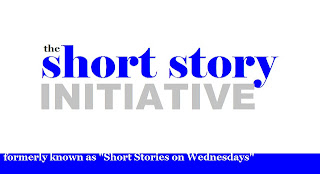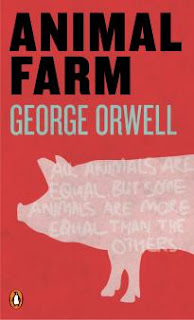“The wrong-doing of one
generation lives into the successive ones, and . . . becomes a pure and
uncontrollable mischief.”
Last year I read Hawthorne’s The Scarlet Letter for the
Transcendentalist event and quite liked it. This year The House of the Seven
Gables is the last of the classics I read for the Classics Challenge. The House of the Seven Gables is often called a Gothic romance or a Gothic horror. It actually is neither. Although there is a bit of an abrupt
love story woven in, calling it a romance is too much of a stretch. Also, any
supernatural element to the story is only very dimly suggested, never really played out.
The story revolves around the seven gabled Pyncheon house, an
old, melancholy mansion in New England with a bloody history. The present
inhabitants of the house are Hepzibah Pyncheon who is a nervous old maid, her brother
Clifford who is emotionally shattered from events in his past, their cousin
Phoebe, a delightful young country girl and a mysterious daguerreotypist. I’m not going to divulge too much of the plot
because there really isn't much of a plot anyway.
Hawthorne’s style of writing is not for everyone. It requires
a fair bit of patience for the reader to wade through his long-winded and heavy
prose. This verbose style worked pretty well in The Scarlet letter, lending
real insight into the mind of the protagonist and even her tormentors. In The House of the Seven Gables though, it wore me out. This explaining
of every nuance and character trait was not only tiring but also slightly patronizing I always prefer it when author leave us to figure out the characters
for ourselves without spelling it all out. All in all, not my favorite classic
of the year.
And that’s it from me for this year. It’s been a hectic year
with a lot of changes for our family. The changes were all good and for that I’m
thankful, but it has meant that I've had a lot less time for reading and
blogging. I’m hoping that 2013 will be more restful and leisurely. To make it
easier on myself I've decided not to take part in any challenges or readalongs.
I want my reading to be more spontaneous. I hope to take part in The Short Story Initiative as often as I can and perhaps any short term events I fancy
that aren't too much pressure. I also hope to go a little easy on the classics next year and read more contemporary
fiction. I don’t think I've read anything this year that was written in my lifetimeJ.
I wish you all Happy Holidays and a Happy New Year. I
hope 2013 will bring joy and peace to all. See you next year.





















